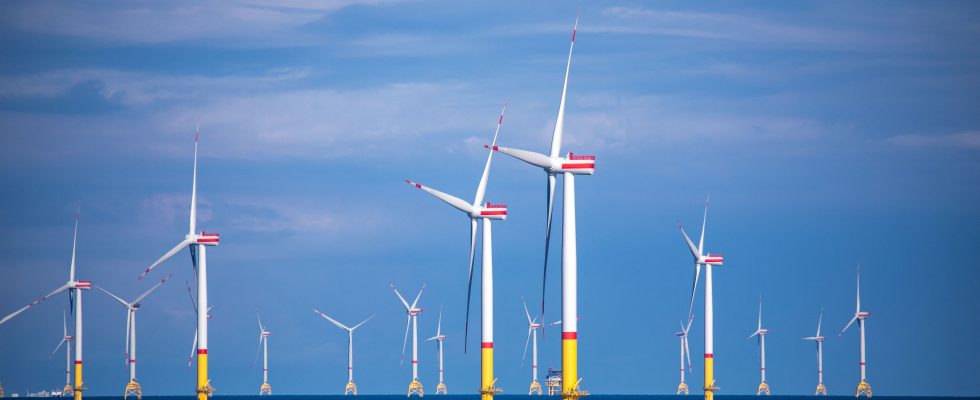For more than twenty years, researchers at Yale University have published the Environmental Performance Index (EPI), which ranks countries according to their environmental health and the vitality of their ecosystems. A comparison can be made between the EPI and the Heritage Foundation’s Index of Economic Freedom, which has measured economic freedom around the world since 1995. The index, which many call the Capitalism Index, analyzes the level of freedom economy in 178 countries.
These countries are grouped into five categories: “free”, “almost free”, “moderately free”, “mostly unfree” and “repressed”. The Heritage Foundation researchers compared the two indexes and found that countries with the highest levels of economic freedom also had the highest EPI scores. The so-called “mostly unfree” and “repressed” countries have by far the worst environmental performance.
Economist Daniel Fernandez Mendez has responded to the potential objection that countries with greater economic freedom “export” their polluting industries to developing countries that are less free, while keeping their industries clean. This is clearly not the case. “The data analyzed shows that capitalism is good for the environment. The greater the economic freedom, the better the indices of environmental quality. The ‘cleanest’ countries do not export their pollution by relocating their companies.”
FRG versus GDR
Environmental degradation has never been greater than in the former socialist states. Is this a relevant argument? Yes, because if an economic order based on private property, competition and free pricing were the cause of environmental pollution, there should logically be much less pollution in countries that do not have these features. However, it is not the case.
Capitalist West Germany (the FRG) and socialist East Germany (the GDR) provide a good comparison:
– In 1989, the GDR emitted more than three times more CO2 per unit of GDP than the FRG.
– Air pollution – sulfur dioxide: in 1988, the GDR emitted 10 times more sulfur dioxide per km2 than the FRG (48.1 tons/km2 against 4.5/km2).
– Air pollution – suspended particles: the average load of 20.3 tonnes per km2 in the GDR was more than ten times higher than that of the FRG (1.8 tonnes/km2).
– Coal stoves: at the time of reunification, in private households, nearly two-thirds of apartments in the GDR were heated by fuels such as lignite briquettes.
Given these facts, many people will agree that socialism is less good for the environment than capitalism, but they are still left with reasonable doubts: isn’t economic growth in general bad for the environment? One argument in particular seems logical, at least on the face of it: the planet’s raw materials being limited, infinite growth is impossible. This leads many people to conclude that somehow growth has to be curbed.
On the basis of numerous data, the American scientist Andrew McAfee proves, in his book More from Less, that economic growth has become decoupled from the consumption of raw materials. The data for the United States shows that out of 72 raw materials, only 6 have not yet reached their maximum consumption. Although the US economy has experienced strong growth in recent years, the consumption of many raw materials is declining. This development is due to the much maligned laws of capitalism: companies are constantly looking for new ways to produce more efficiently, that is, to get by with fewer raw materials. Of course, they don’t do this to protect the environment, but to reduce costs.
Miniaturization
Moreover, innovation has fostered a trend that we call miniaturization or dematerialization. The smartphone is a good example. Just think about how many individual devices your phone contains and how much raw materials they used to require. Today, many no longer have fax machines or use printed road maps, because they have everything at their fingertips on their smartphone. Some even do without a watch on their wrist. It used to be that you had four separate microphones in your phone, audio cassette recorder, voice recorder, and video camera. Today, your smartphone’s single microphone has replaced all of those devices.
At no time in human history have planned economies been the solution to problems. Rather, they have provoked many, particularly in the environmental field. On the other hand, capitalism, with its many innovations, has already solved many problems, including in the field of the environment. It is therefore absurd to think that its abolition would solve the problems of global warming and the destruction of the environment.
* Rainer Zitelmann is a historian and sociologist. He publishes In Defense of Capitalismtranslated into 30 languages.
